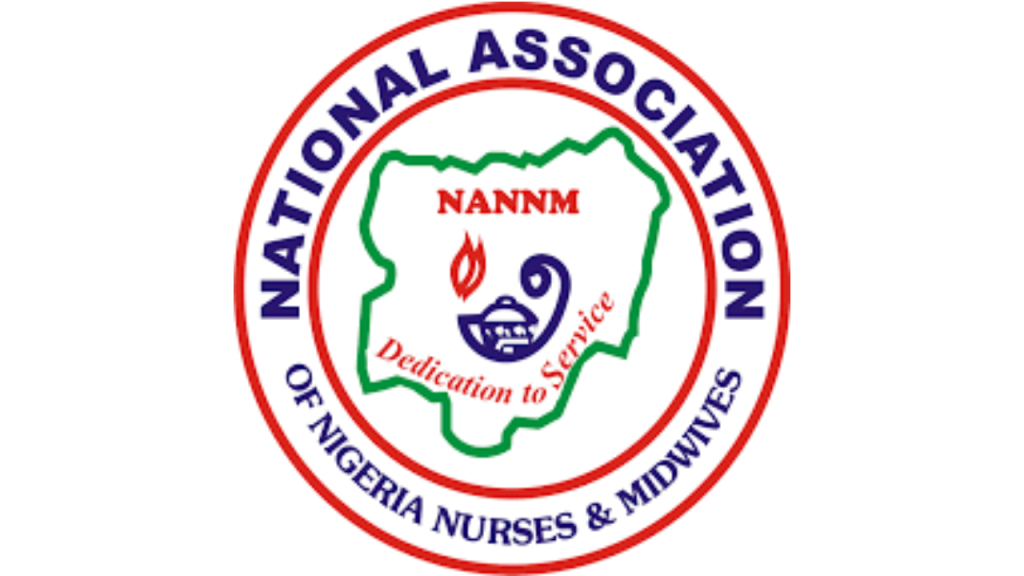The National Association of Nigerian Nurses and Midwives – Federal Health Institutions Sector (NANNM-FHI) has firmly denied reports suggesting it has suspended its ongoing seven-day warning strike, which commenced on Wednesday.
In a statement made to our correspondent on Friday, the National Public Relations Officer of NANNM-FHI, Omomo Tibiebi, clarified that despite a meeting held earlier in the day with the Coordinating Minister of Health and Social Welfare, Professor Muhammad Pate, the strike remains in full effect.
“The strike has not been suspended,” Tibiebi stated.
“Earlier today, the NANNM executives met with the minister, and it was the minister who went to press claiming the strike had been called off. He wasn’t the one that declared the strike in the first place, so he has no authority to call it off. Therefore, the strike is still ongoing.”
READ ALSO: Nurses, midwives call off warning strike
The industrial action was launched by nurses to press home a range of long-standing demands. These include an upward review of shift and uniform allowances, the implementation of a distinct salary structure for nurses, an increase in the core duty allowance, large-scale recruitment of nursing personnel, and the establishment of a dedicated nursing department within the Federal Ministry of Health.
Tibiebi further revealed that the union’s National Executive Council (NEC) is scheduled to convene on Saturday to evaluate the Federal Government’s response and determine whether to continue or suspend the strike.
“There will be a National Executive Council meeting by tomorrow (Saturday), and that’s when a decision will be made. We will assess if the Federal Government’s promises are sufficient for us to consider ending the strike,” he said.
As the strike enters its fourth day, hospitals across the country continue to feel the strain. With a significant reduction in available nursing staff, many healthcare facilities are operating at minimal capacity, leading to widespread disruption in patient care.
Several hospitals have discharged patients prematurely due to staffing shortages, while numerous wards remain virtually deserted. In some locations, only skeletal services are being provided, and in others, operations have come to a complete halt.
The ongoing strike has prompted a variety of reactions from federal and state authorities, with some states resorting to deploying volunteers and relocating patients to private healthcare facilities.
The coming days are expected to be critical, as the outcome of Saturday’s NEC meeting could determine the immediate future of healthcare service delivery in the country.



